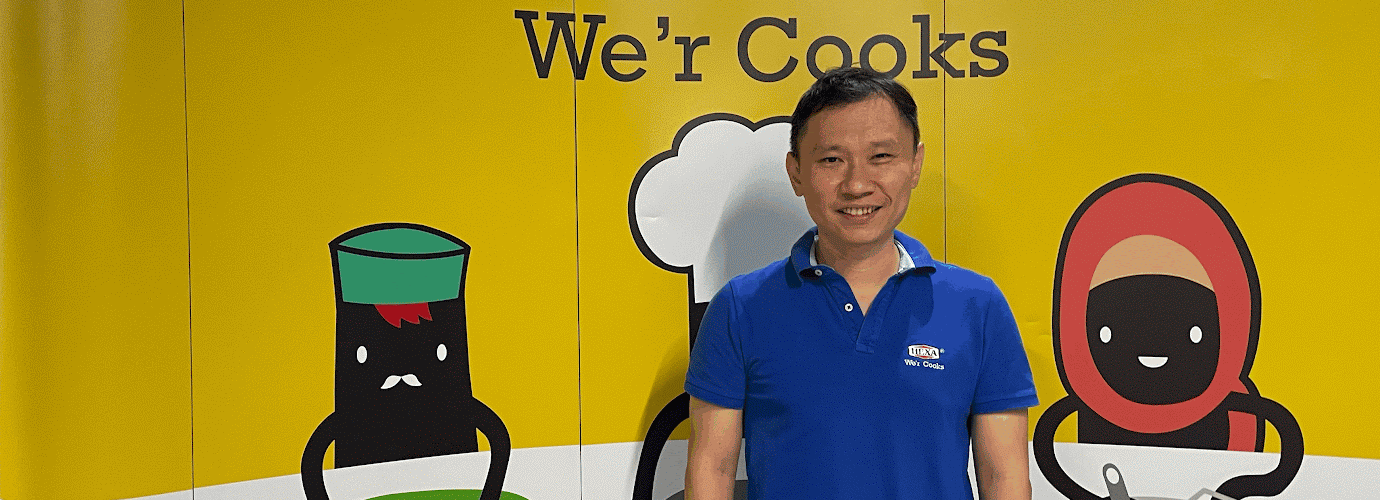At the heart of this story is Gary Gan, Founder and Managing Director of Hexa Food, who transformed a failing family venture into a business that now supplies the food service industry with ingredients. What sets Gan apart is how sustainability has been woven into his approach—not as a compliance checklist, but as a core strategy for continuity and competitiveness.
Gan’s entrepreneurial journey didn’t begin with vision decks or pitch meetings. In 2004, after returning from Iowa State University with a mechanical engineering degree, he found himself stepping into a struggling joint venture. His parents were among the investors, and the business—run by multiple stakeholders—was hemorrhaging money.
“They couldn’t pay salaries. People started leaving, even the directors. I was supposed to help for a week or two, but I stayed because my mum was a guarantor. We couldn’t walk away,” Gan said.
Over the next three years, he navigated through creditors, cash flow issues, and hard lessons in operational discipline. By 2007, the venture had ceased and Gan started Hexa Food from scratch. “The goal then was simple—just to survive. That survival mindset was probably the best teacher.”
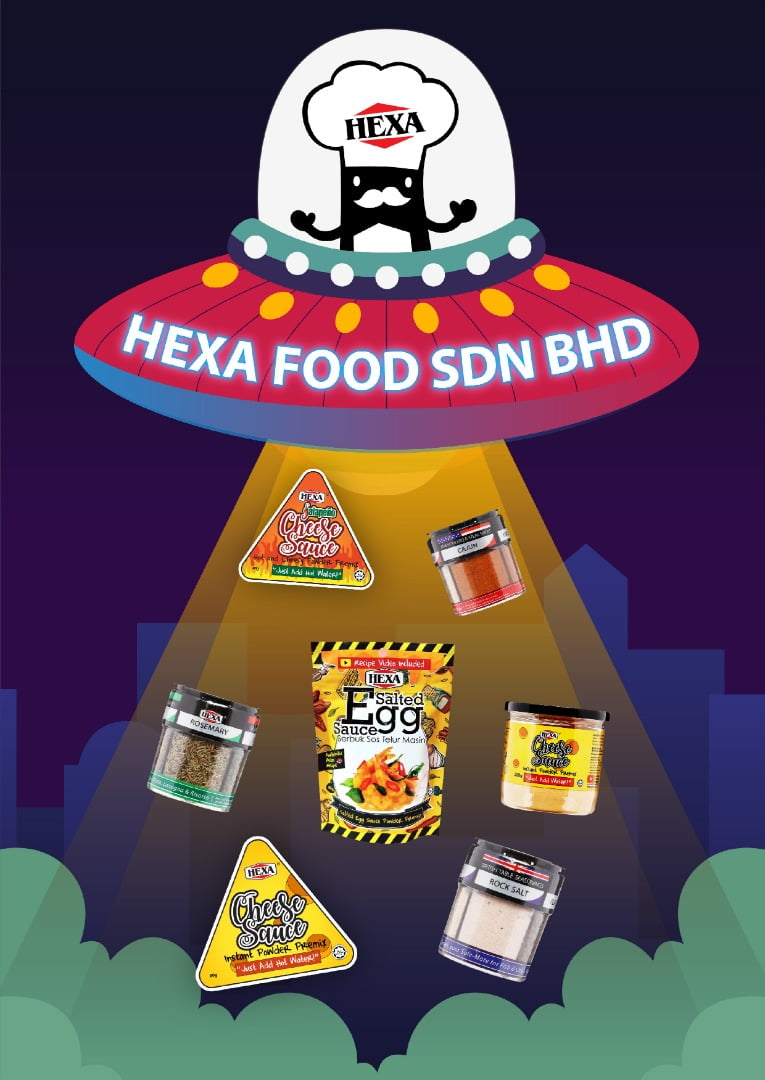
A Practical Philosophy
Today, Hexa Food operates as a fully certified manufacturer and packer of herbs, spices, and seasonings, serving retail chains as well as multinational clients across Southeast Asia and the Gulf region. But what differentiates Hexa isn’t just its product quality—it’s the systems behind the scenes.
“We didn’t start with sustainability as a branding goal. For us, it was always about doing the right thing within our means,” said Gan. “There’s no point in pushing ESG if your business can’t sustain itself. But once you can stand on your own two feet, then it’s your responsibility to move forward.” This pragmatism defines Gan’s sustainability framework, which he breaks down into short-term, mid-term, and long-term strategies.
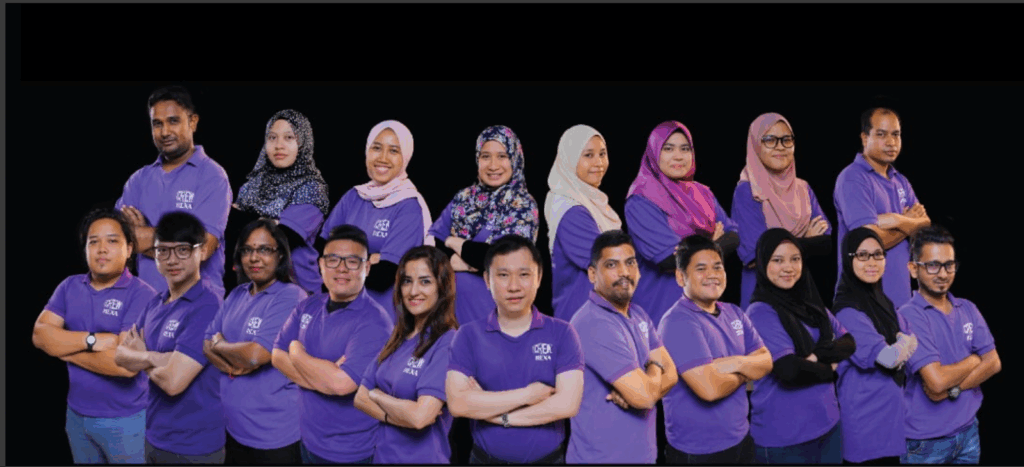
In the short term, Gan focused on financial empowerment—particularly among staff and suppliers. Located in a community where school dropouts and socio-economic challenges were common, Hexa Food introduced internal loan schemes to help employees purchase property, pursue education, or handle personal emergencies.
“We saw that when people have something to work towards—like owning a house or sending their kids to school—they stay longer and build with you,” said Gan. “We offer zero-interest loans to help them take that next step.”
The same philosophy applies to suppliers. By paying local farmers ahead of schedule, Hexa Food ensures their upstream partners remain financially viable. “Cash flow is the easiest thing to fix, and it makes a big difference.”
Technology to Minimise Waste

Hexa Food was probably the first in Malaysia to introduce resealable packaging for herbs and spices in 2011, an innovation that extended product freshness, reduced spoilage, and encouraged consumers to purchase with greater confidence. “Those days, spices would spill in the fridge or lose their aroma fast. Resealable packs made them more convenient and practical for everyday use,” he said. These small steps made a big difference—not just in reducing waste, but in making it easier for people to explore new flavours and experiment with herbs and spices in their everyday cooking.
In the mid-term, Hexa Food leaned into technology as a core lever for sustainability and scalability. What began as internal system improvements evolved into a full-fledged spin-off: Hexa-IoT—a dedicated arm focused on developing affordable, traceability-driven supply chain solutions.
“Food waste benefits no one. If a product expires, we lose money, the staff loses incentive, and the customer loses trust,” Gan explained. “So we implemented systems to track shelf life, optimise production cycles, and reduce error margins.”
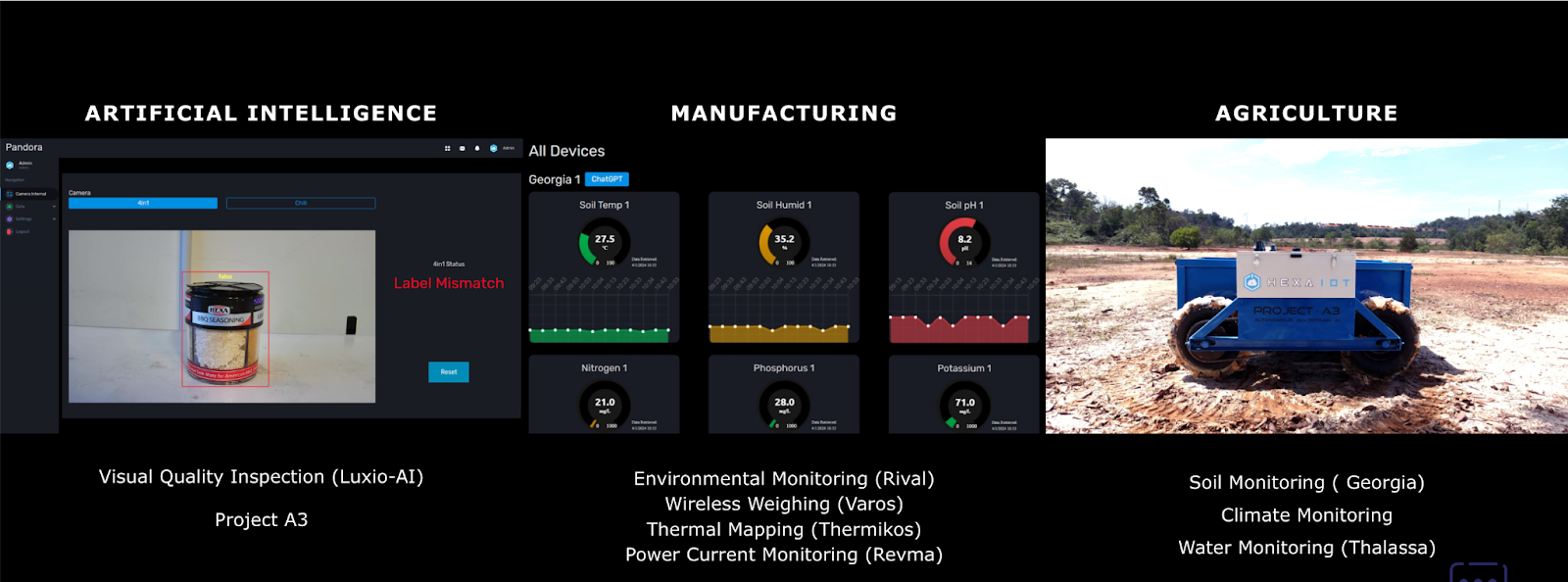
Through Hexa-IoT, Hexa Food is building its own IoT-enabled systems to monitor raw material flow, automate inventory control, and ensure real-time visibility across its production chain. One of its standout innovations is a traceability software that links each batch of ingredients to its source, down to the specific farm and field method.
“Whether it’s open-field bentong ginger or greenhouse-grown herbs, our systems allow us—and our customers—to know exactly where the product came from, how it was grown, and when it was packed.”
This kind of precision, once reserved for large-scale exporters, is now a standard Hexa Food offers even to local food manufacturers and retailers—demonstrating how sustainability can scale through technology and become a business in its own right.
The Long-Term Bet on Sustainable Farming
The longer-term ambition is where Gan’s vision broadens beyond Hexa Food. Working with local farmers to grow high-value, specialty crops like habanero chilli, bentong ginger, and bunga kantan, the company is experimenting with contract farming models that integrate sustainability from soil to shelf.
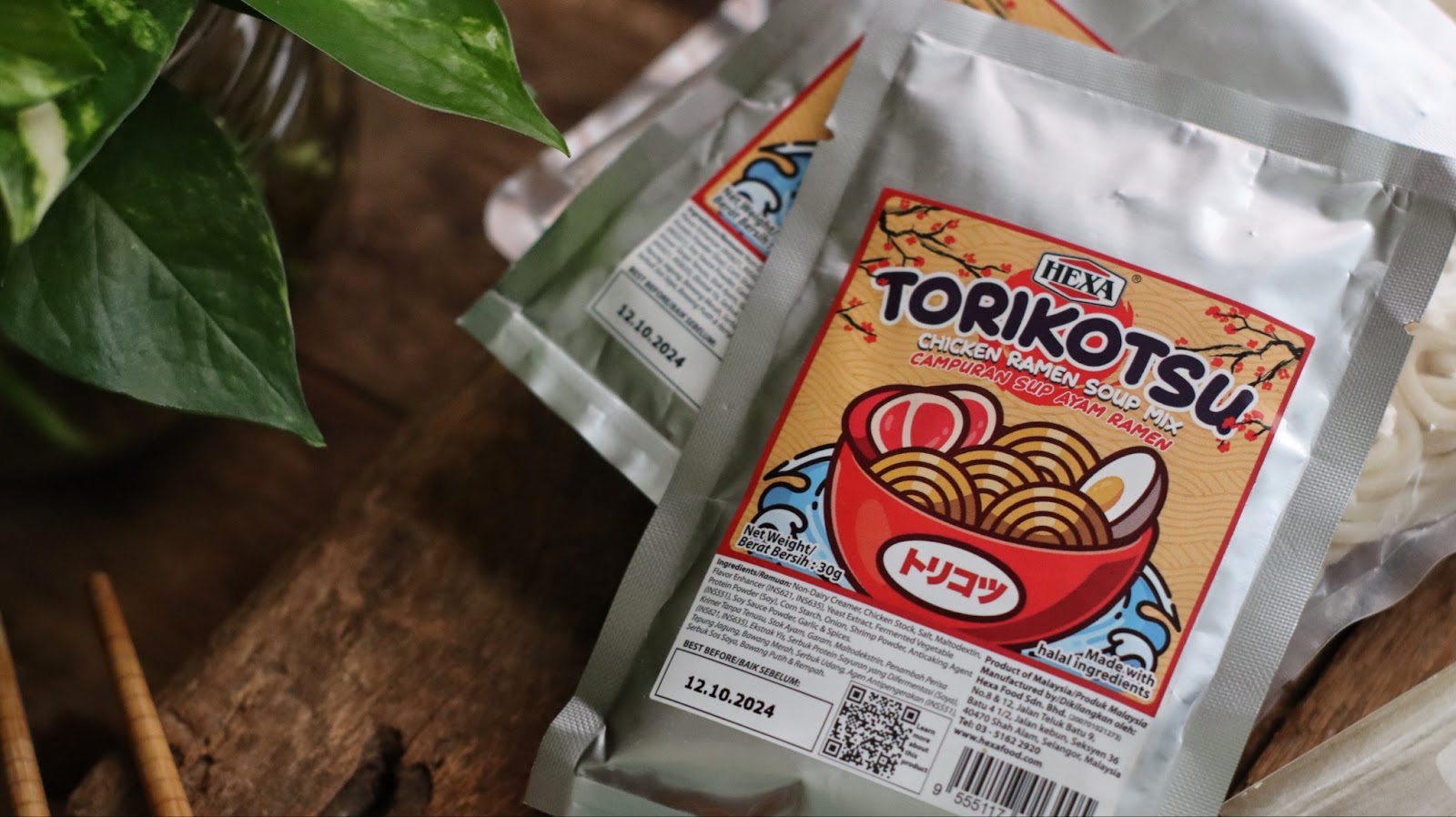
“The key is high-value crops, automated systems, and long-term planning. Farming can’t be treated like a short-term hustle. You need patience, capital and partnerships,” he said.
Gan is particularly excited about the potential to replace imported ingredients with locally grown alternatives. “We import a lot of spices from South America, Turkey, India, China. But there’s an opportunity to localise some of that if the economics and quality are right. That’s what sustainable sourcing really means—reducing carbon footprint, empowering local communities, and making the supply chain more resilient.”
Hexa Food is exploring a model where farmers receive monthly payments instead of being paid per harvest—an idea still in development but grounded in the company’s belief in long-term alignment. “You can’t expect farmers to absorb all the risks. If you want consistency, you need to share the burden too.”
Compliance as Competitive Edge
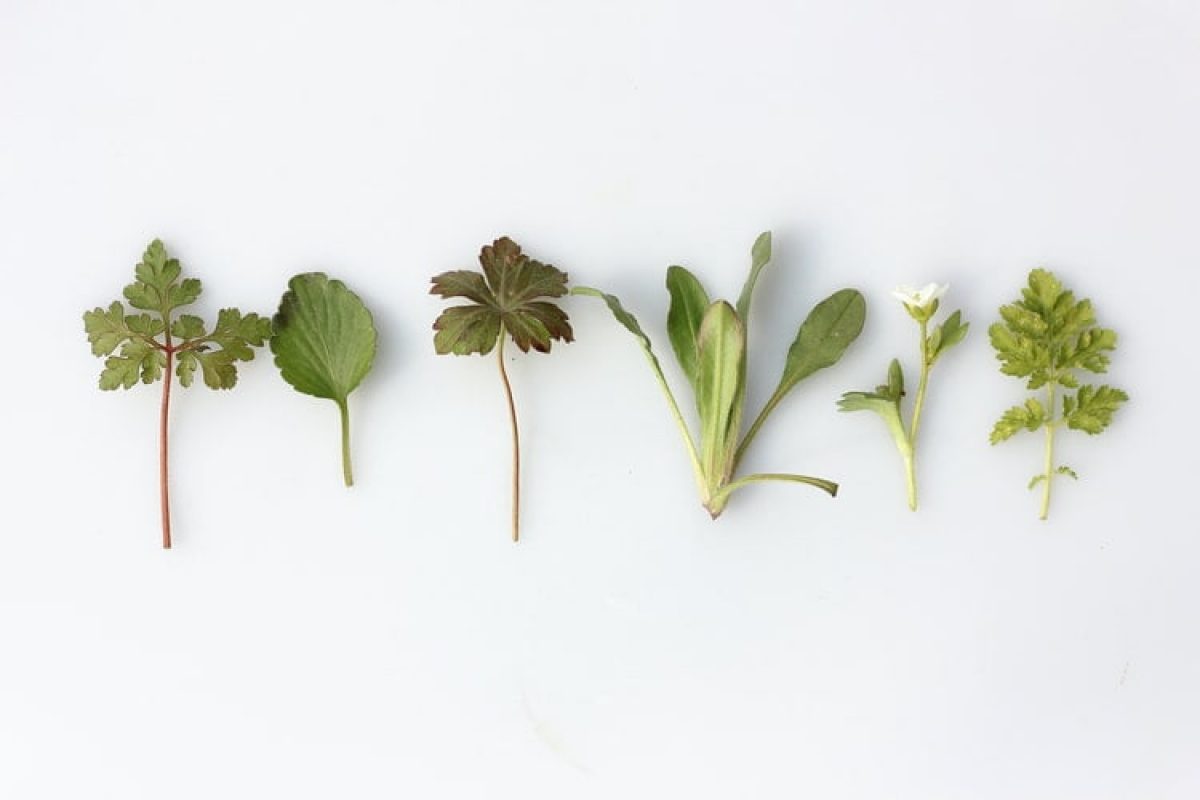
Sustainability, in Gan’s view, is also about compliance—but not in the checkbox sense. When Hexa Food became a certified supplier for major retailers, it had to meet stringent ESG audits, including third-party reviews of wages, safety standards, and environmental impact.
“You don’t really have a choice.
If you want to supply to big customers, you must comply. But instead of seeing it as a burden, we saw it as a business opportunity,” Gan said. “When you’re ready for audit, you’re ready for scale.” This mindset has allowed Hexa Food to grow its retail segment and position itself for future export growth, with plans to increase its export ratio.
Food as Culture, Food as Business
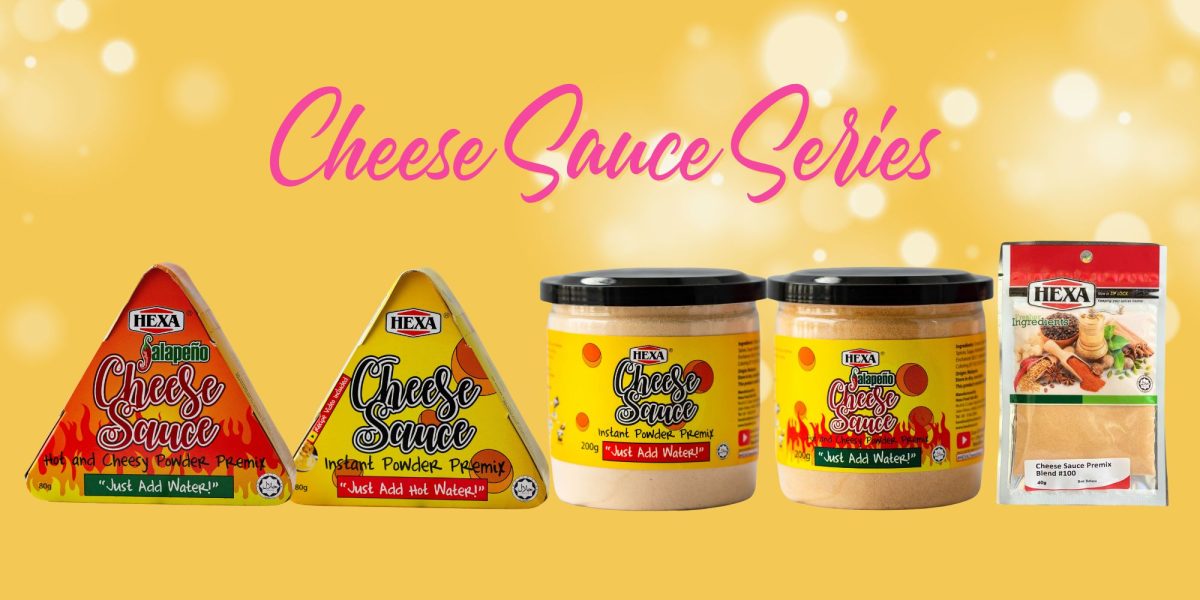
Beyond systems and processes, Gan sees food as a reflection of culture, lifestyle, and identity. From the early days of offering Ziploc-style packaging to now predicting food trends inspired by K-dramas or global mobility, Hexa Food’s growth has been tied to enabling new culinary experiences.
“Food trends work like fashion. They come full circle every few years, and they’re driven by culture, media, and movements. We’re not just selling spices—we’re helping people explore food identities.”
Gary Gan, Founder and Managing Director of Hexa Food
This lens has helped Hexa Foods identify growth categories like international seasonings and halal-certified global flavours tailored for local palates. It’s also informed their strategy to promote Malaysian-grown ingredients abroad, flipping the narrative from importing to exporting local terroir.
Sustainability as a Journey, Not a Badge
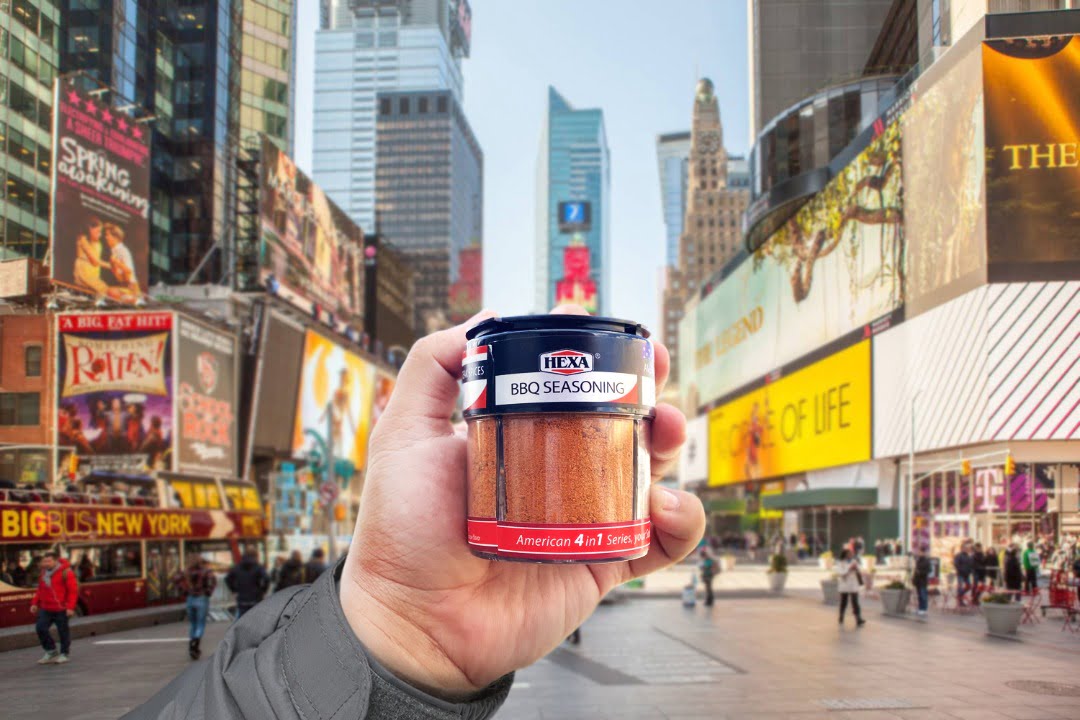
For Gan, sustainability isn’t a label—it’s a long game. “We don’t slap an ESG badge on our products. We look at the industry and ask: what problem are we solving, and are we doing it within our means?”
That mindset, grounded in humility and practicality, may just be what more businesses need to adopt. Because as Gan puts it, “There’s no point in doing sustainability for the sake of appearances. But when you get it right—when your staff, your customers, and your suppliers all move forward together—that’s where the real value is.”



